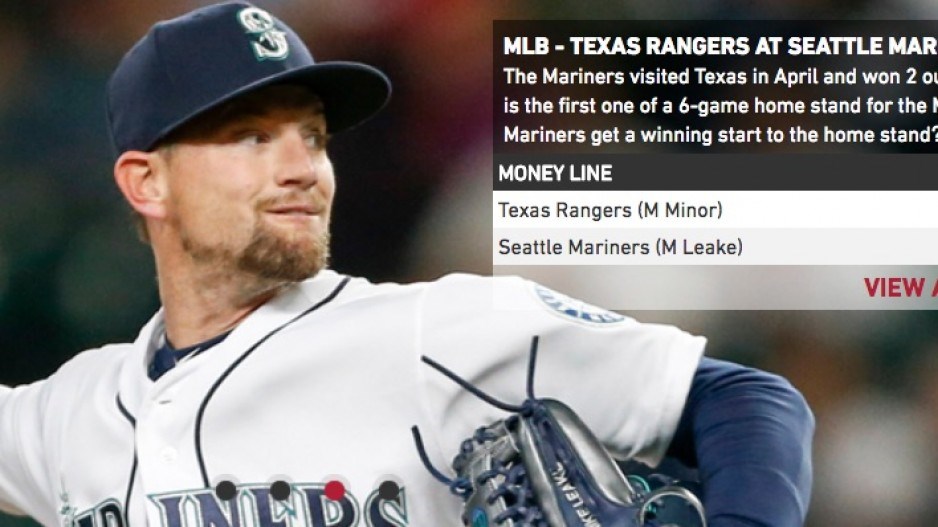The odds appear to be tilting in favour of Canada loosening sports-betting laws so they are more in sync with those of European and Asian nations.
A Canadian sports-gaming advocate told Business in Vancouver that pressure is mounting on the federal government to change the law to allow sports wagering on individual games – a practice that he says is widespread, yet done exclusively through Internet sites that have servers based overseas.
Canadian Gaming Association president Paul Burns’ optimism surfaced last week because the U.S. Supreme Court struck down a 26-year-old law on May 14 that prohibits states from allowing wagering on sporting events in their jurisdiction, unless the state, like Nevada, had been grandfathered.
The British Columbia Lottery Corp. told BIV in an email that it has for many years supported a change to the Criminal Code to allow single-event sports betting in Canada.
There have been two unsuccessful attempts in the past seven years to pass bills in Parliament to expand legal professional sports gambling from the current system, which restricts betting to multiple games on the same ticket.
An attempt in 2012 received unanimous House of Commons approval before being mired in the Senate for more than three years. It subsequently died when Parliament was dissolved for an election.
Ontario MP Brian Masse then reintroduced it as a private member’s bill in 2016, but it was defeated 156-133 in a House of Commons vote.
Burns is optimistic that a third attempt in Canada will succeed because North American professional sports leagues have begun to accept that sports betting is inevitable and that they would be wise to get a share of the wagering revenue stream.
The National Basketball Association and Major League Baseball, for example, have lobbied legislatures to include language in state laws that would assure the leagues of a gambling revenue stream were the states to legalize sports betting.
“We know that there’s an appetite for single-event wagering because of the volume of money that we’ve been able to ascertain that goes to overseas sports books,” Burns said. “It’s in excess of $4 billion annually.”
Exact numbers for that betting is anyone’s guess, but a Google (Nasdaq:GOOGL) search of sports-betting websites yields numerous options for Canadians.
If some of the money now flowing to offshore operators were instead funnelled through provincial gambling divisions, the tax dollars generated could be substantial.
Federal law says that the only legal gambling in Canada is betting managed by a provincial government, or its agent, within that province’s jurisdiction, Burns explained.
Online sports-betting sites operate despite this restriction by arguing that the site’s servers are based outside Canada, so the bets are not technically taking place in the country.
He added that no Canadian has been charged for using overseas-based sports-betting sites, and there has been no court challenge.
“It may be that legalization and regulation of single-sport betting is ultimately the most appropriate route to address this ongoing issue of unregulated sites,” B.C. Attorney General David Eby told BIV in an email.
He added that if Bet365.com, Bodog.eu and other online betting sites are legalized, “protecting the integrity of sport must be addressed at the same time.”
It is unclear what the B.C. government could do, however, to guard against professional athletes or referees acting improperly to affect a game’s score.
Longtime gambling-expansion opponent Sandy Garossino, who co-founded the Vancouver Not Vegas organization that spearheaded a successful 2011 campaign to stop Vancouver city council from approving an expanded downtown casino, also sounded wary.
“You can do a lot of damage to the integrity of your oversight and regulatory culture when you make [officials] responsible for a field that is inherently at risk of infiltration by organized crime,” she said. •
Note: An earlier version of this story incorrectly stated that Brian Masse was a Manitoba MP.




